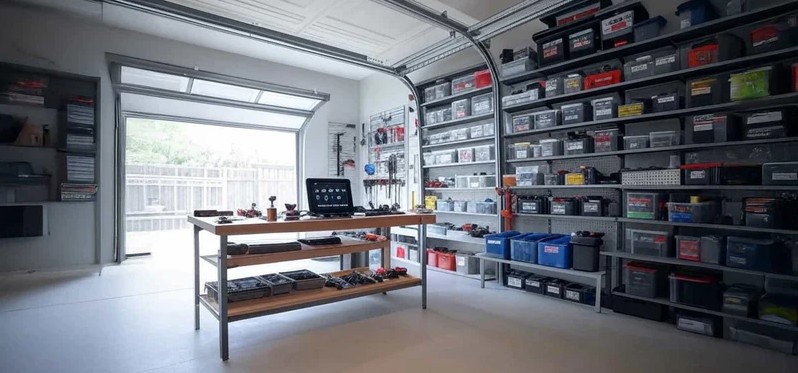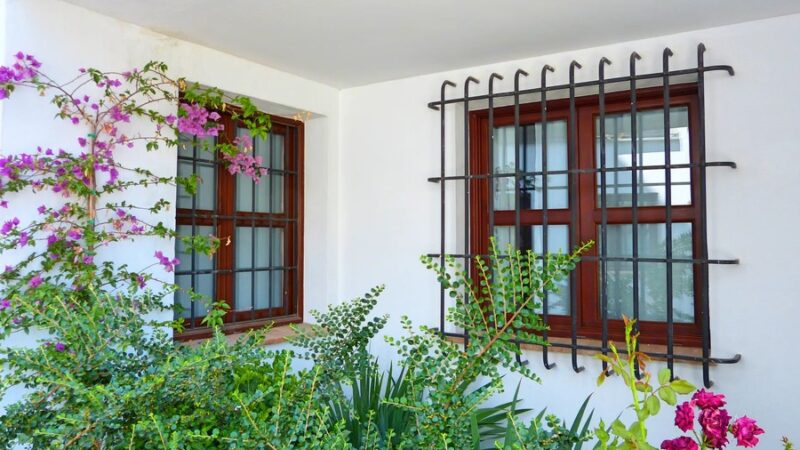Living in a studio apartment often means dealing with noise from neighbors, street traffic, or household activities. Effective soundproofing can significantly improve comfort and quality of life in these compact living spaces. Here, sound insulation tips for studio apartments explores practical soundproofing hacks and tips tailored specifically for studio apartments.
Assessing Noise Sources
Before implementing soundproofing measures, identify the primary sources of noise affecting your studio apartment. Common sources include neighboring units, street traffic, HVAC systems and household appliances. Understanding these factors will guide you in choosing the most appropriate soundproofing solutions.
Using Soundproof Curtains
Make investments in thick, dense drapes from fabrics like polyester blends, suede, or velvet. Along with improving privacy, soundproof curtains help to lower outside noise coming in through windows. For improved sound absorption and insulation, seek for curtains with several layers.
Sealing Gaps and Cracks
Seal doors, windows, and electrical outlets to stop noise from coming into or leaving your studio unit. One can design airtight sealing by means of weather stripping or acoustic sealant. Pay close attention to cracks under doors and around window frames since these are typical places noise could find entrance.
Installing Door Sweeps and Draft Stoppers
Put draft stoppers or door sweeps at the bottom of doors to stop air and sound from getting through. These cheap accessories tightly seal the floor from the door, therefore lowering the noise from nearby halls or rooms. For best efficacy, use door sweeps made from rubber or silicone.
Using Area Rugs and Carpets
In your studio apartment, cover hard flooring surfaces with area rugs or carpets to absorb sound and reduce echo. Placing rugs in high-traffic areas and under furniture can help dampen noise from footsteps and household activities. Choose for thicker rugs with a dense pile for better sound insulation properties.
Rearranging Furniture
Arrange furnishings in your studio apartment so that noise is absorbed or blocked deliberately. To create sound barriers, orient cabinets, bookshelves, or upholstered furniture toward walls. This optimizes not only sound insulation but also the general arrangement and utility of your living area.
Investing in Soundproofing Paint
Additives in soundproofing paint aid to lower noise levels in your studio apartment. Although not as efficient as other soundproofing techniques, covering walls with soundproofing paint adds still another layer of absorption.
By reducing noise disturbances, applying soundproofing techniques in your studio apartment, sound insulation tips for studio apartments will greatly improve comfort and quality of life. From soundproof drapes and closing gaps to installing acoustic panels and rearranging furniture, these useful ideas—from dealing with noisy neighbors, street noise, or interior echoes—can help to create a quieter and more tranquil living space.







